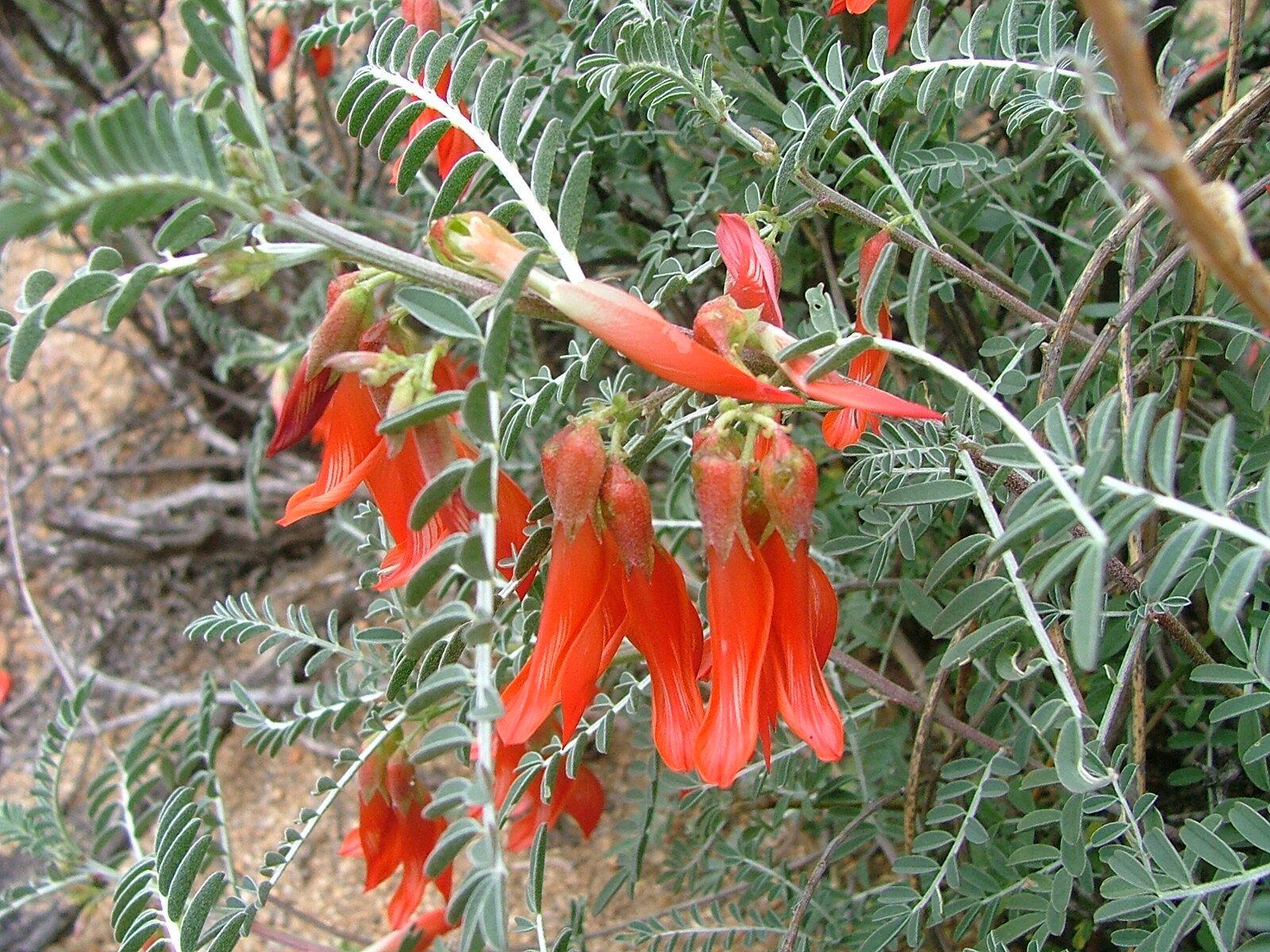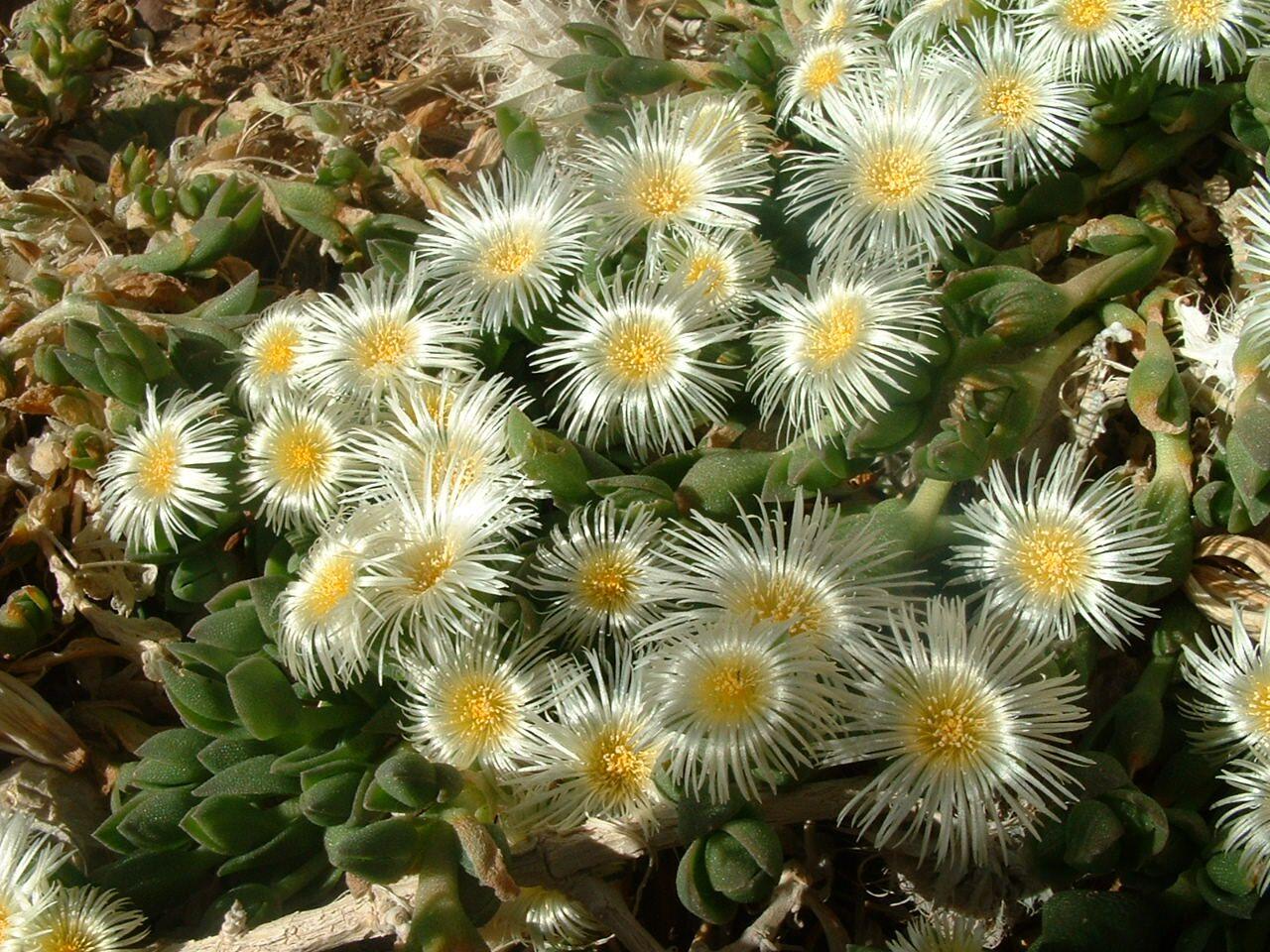WHAT ARE AFRICAN CONTRIBUTIONS TO GLOBAL HEALTH?
1.6
South African medicinal plants in global health
Let us now turn to an example of how African knowledge can contribute to global health: In this podcast, Tanja Hammel and medical anthropologist Diana Gibson discuss two South African medicinal plants. How could the world benefit from the plants’ medical properties? How can we guarantee that indigenous communities will profit from this knowledge? Listen to the podcast – you can find the transcript below this step.
Diana Gibson is Emeritus Professor of Anthropology at the University of the Western Cape, Cape Town, South Africa. As a medical anthropologist, Gibson has done research on the connections between science, ethnobotany, ethnopharmacology, pharmacy, botany, traditional medicine and anthropology, with a focus on medicinal plants in the Cape floristic region.

Sutherlandia: a medical plant from South Africa, Namibia and Botswana (Photo courtesy Diana Gibson)
In this podcast, Gibson shares her expertise on two medicinal plants: cancer bush/balloon pea (Sutherlandia frutescens) and kanna (Sceletium tortuosum). Sutherlandia frutescens is particularly interesting, as it relieves noncommunicable conditions by acting as an immune modulator and has anti-bacterial and anti-cancer properties. Sceletium tortuosum alleviates pain and reduces stress, depression and anxiety.

Kanna: a second interesting medical plant (Photo courtesy Diana Gibson)
Further reading
Gibson D. Ambiguities in the making of an African Medicine: clinical trials of Sutherlandia frutescens (L.) R.Br (Lessertia frutescens). African Sociological Review [Internet]. 2011 [cited 1 December 2021]; 15 (1): 124–137. Available from: https://www.ajol.info/index.php/asr/article/view/74296
Gouws C, Smit T, Willers C, Svitina H, Calitz C, Wrzesinski K. Anticancer Potential of Sutherlandia frutescens and Xysmalobium undulatum in LS180 Colorectal Cancer Mini-Tumors. Molecules [Internet]. MDPI AG; 2021 [cited 1 December 2021]; 26(3) :605. Available from: http://dx.doi.org/10.3390/molecules26030605
Manganyi MC, Bezuidenhout CC, Regnier T, Ateba CN. A Chewable Cure “Kanna”: Biological and Pharmaceutical Properties of Sceletium tortuosum. Molecules [Internet]. MDPI AG; 2021 [cited 1 December 2021]; 26(9): 2557. Available from: http://dx.doi.org/10.3390/molecules26092557
Terburg D, Syal S, Rosenberger L A, Heany S, Phillips N, Gericke N, Stein D J, van Honk J. Acute Effects of Sceletium tortuosum (Zembrin), a Dual 5-HT Reuptake and PDE4 Inhibitor, in the Human Amygdala and its Connection to the Hypothalamus. Neuropsychopharmacology [Internet]. 2013 [cited 1 December 2021]; 38: 2708–2716. Available from: https://www.ncbi.nlm.nih.gov/pmc/articles/PMC3828542/pdf/npp2013183a.pdf
Downloads
